This gallery shows 38+ High Quality and Best Resolution Egg PNG Images, Vectors, Stickers, logos, Icons, and Clipart Pictures with transparent backgrounds. Free download all these Egg Png Images for graphic design, projects, presentations, web design, editing, and other works.
Free Egg PNG Images:


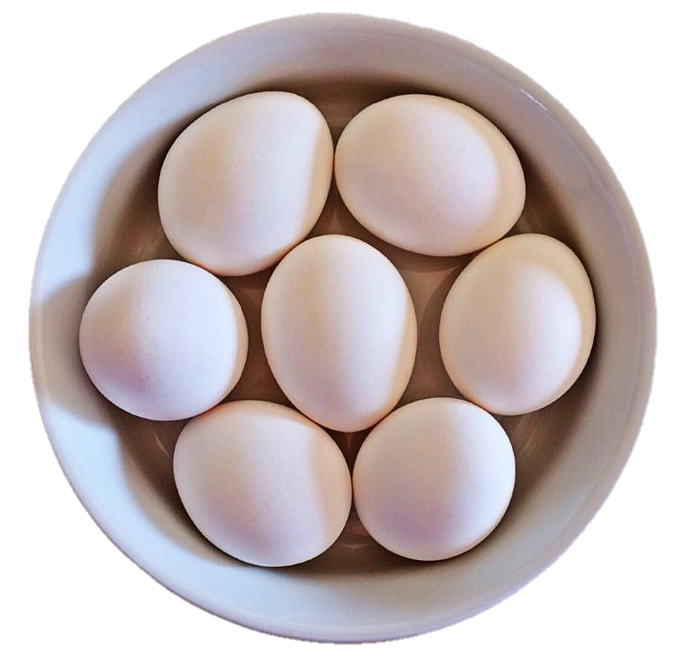
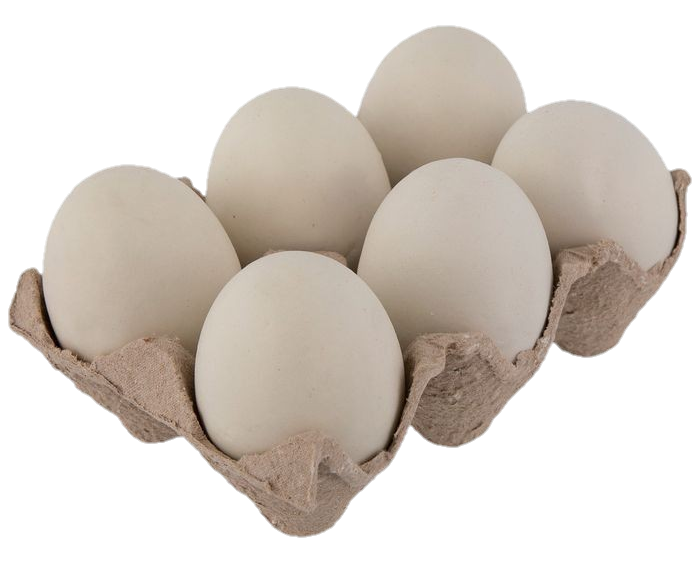
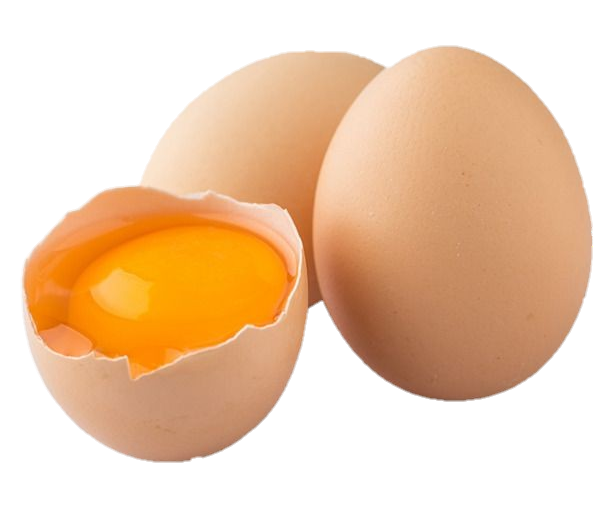
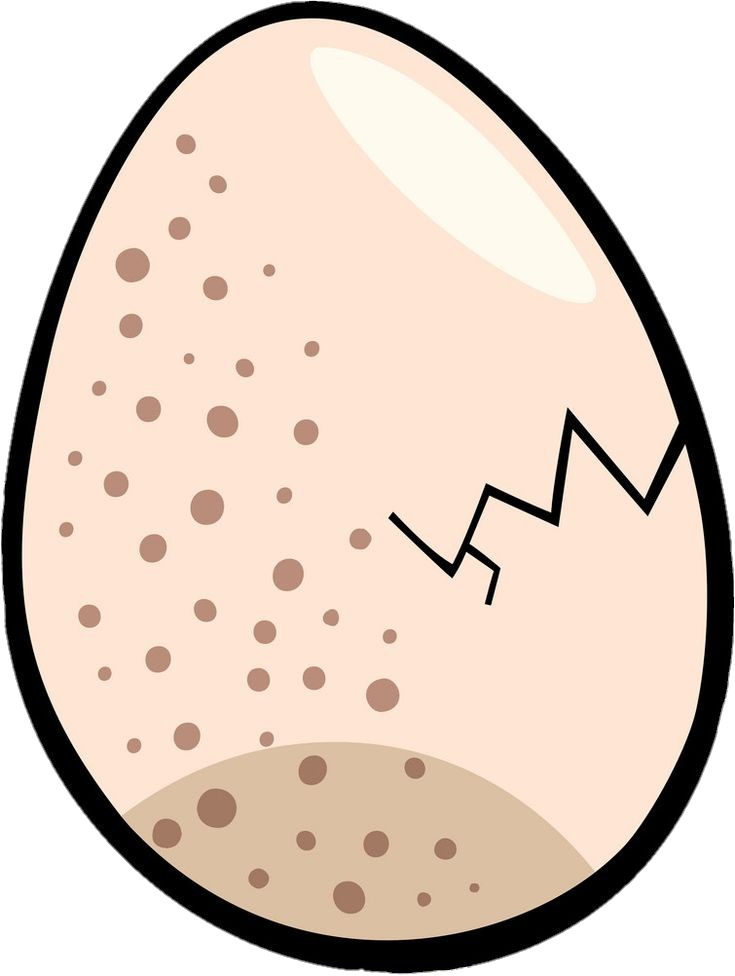



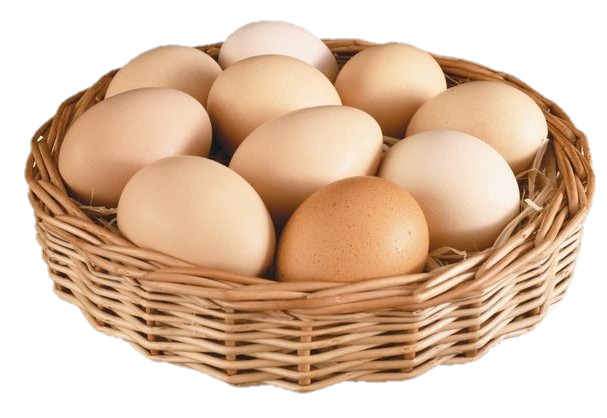
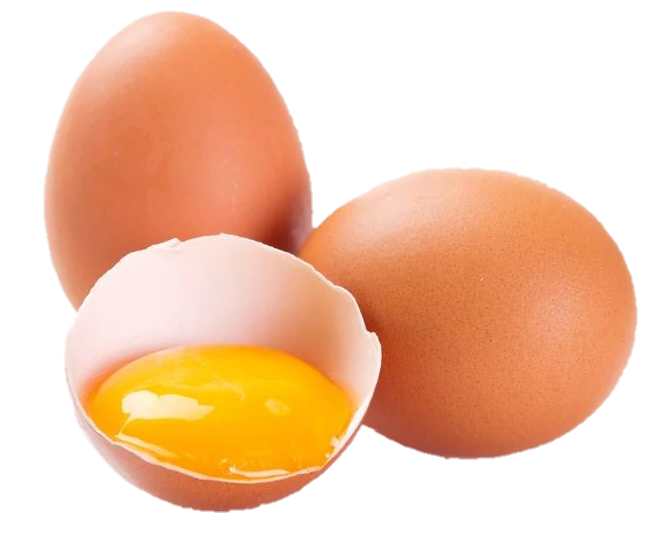












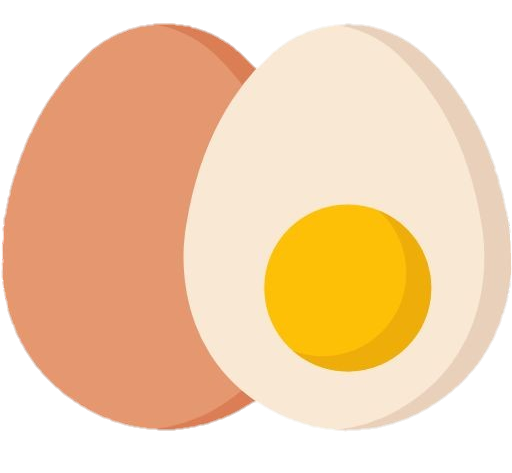
















Eggs have been a staple of human diets for centuries, cherished not only for their versatility in cooking but also for their remarkable nutritional content. Whether enjoyed scrambled, fried, poached, boiled, or incorporated into countless recipes, eggs have maintained their status as a culinary delight that transcends cultural boundaries.
Eggs are often referred to as nature’s perfect food due to their impressive nutritional profile. They are a rich source of high-quality protein, containing all the essential amino acids required for the body’s growth, repair, and maintenance. Additionally, eggs are packed with essential vitamins and minerals, including vitamin B12, riboflavin (vitamin B2), and selenium, which play crucial roles in maintaining energy levels, supporting the nervous system, and acting as antioxidants to protect cells from damage.
One of the most significant aspects of eggs is their yolk, which is rich in fat-soluble vitamins such as vitamin A, vitamin D, and vitamin E. These vitamins contribute to vision health, bone health, and overall immune system support. Furthermore, eggs are an excellent source of choline, a nutrient critical for brain development, cognitive function, and nerve signaling.
Eggs’ culinary versatility knows no bounds. They serve as a canvas for culinary creativity, effortlessly adapting to a myriad of cooking techniques and flavor profiles. From the simple elegance of a perfectly fried egg atop a piece of toast to the complexity of a delicate soufflé, eggs play a pivotal role in both home cooking and professional gastronomy.
Eggs act as a binding agent in baking, ensuring the cohesion of ingredients and contributing to the texture and structure of baked goods. In custards and puddings, they provide a silky-smooth consistency, while in omelets and quiches, they serve as a canvas for an array of fillings and flavors. Moreover, eggs are integral to the emulsification of sauces, such as mayonnaise, and contribute to the fluffiness of pancakes and waffles.
Across the globe, eggs hold cultural significance beyond their nutritional value and culinary applications. They are often associated with celebrations and symbolism. In many cultures, eggs are a traditional component of breakfast, symbolizing the start of a new day. In others, they are used in festive dishes and rituals during holidays and special occasions.
Eggs are also linked to symbolic meanings. In some cultures, they symbolize fertility and rebirth, making them a common feature in springtime festivities. In others, they represent purity and new beginnings, making eggs a customary part of wedding celebrations. The egg’s ability to transform from a simple, unassuming object into a multitude of culinary creations mirrors the transformational themes often associated with cultural rituals and traditions.
As the demand for eggs continues to rise globally, there is a growing emphasis on sustainable egg production. This involves addressing concerns such as animal welfare, environmental impact, and resource consumption. Practices like cage-free and free-range egg farming are becoming more common as consumers prioritize ethically produced eggs.
Furthermore, innovations in farming techniques are exploring ways to reduce the carbon footprint of egg production. This includes improved feed efficiency, waste management, and renewable energy integration. Sustainable practices not only promote the well-being of animals but also contribute to a healthier planet for future generations.



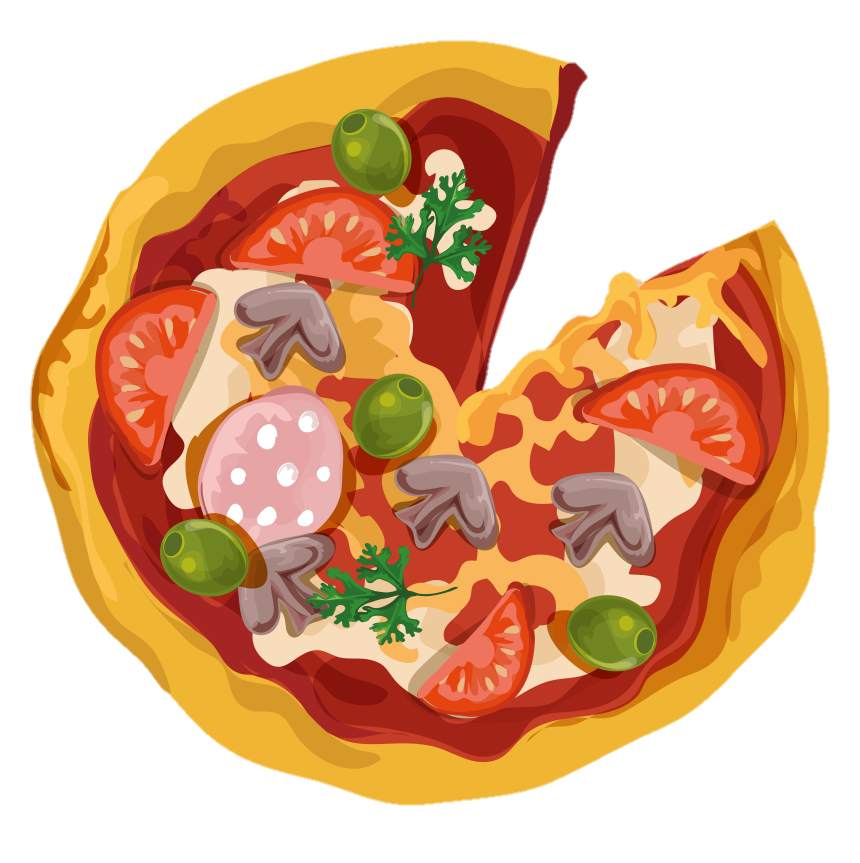

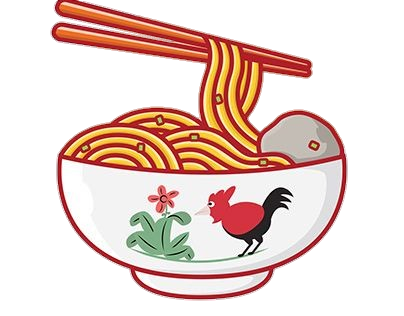
Leave a Comment
Instagram